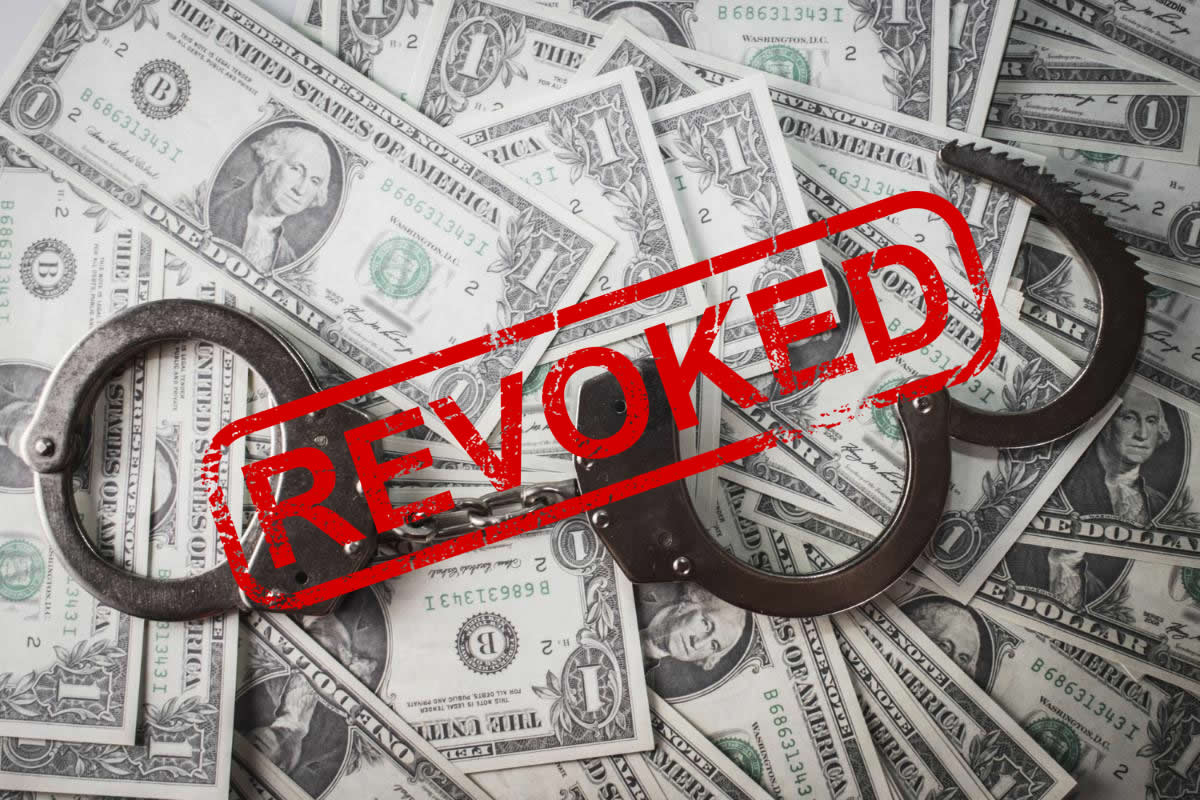


Bail bonds in Orlando are processed so that a defendant can be let out of jail while he waits for the set court dates to come. Now in a case where the defendant does something contrary to his bail conditions in the agreement, like failing to appear at a court appointed hearing, then the bail can be revoked.
Once a bail has been revoked, the defendant has lost all rights to be free while he waits for trial. The court can then be within its rights to issue an arrest warrant for the defendant’s failure to appear (FTA) which is a prosecutable offence in most states in America. If a defendant does not show up for the crime he was initially arrested for and an arrest warrant is then issued for the ensuing failure to appear, he would now be subject to two crimes now instead of one; the original and then the FTA charge. The arrest warrant issued by the court will then remain in effect till the bail bondsman can apprehend the defendant and present him back to the court for arraignment.
A processed bail bond in Orlando is not permanent and a court judge can cancel it for a lot of reasons. Defendants that commit another offence when they are waiting for their court date even when that initial crime has not been heard in a court will be seen as violating the bail bond agreement and so they will be re-arrested most times. Also, defendants may be required by law not to go near the victim of their crimes or the plaintiff.
If a bail is revoked, there is a chance that the bail bondsman may be unable to get their money back. Upon revocation, the defendant can decide to go to the court and explain why his bail should not be revoked. The judge will then make a decision if the court will give them back the money. The court however will still deduct the applicable fines and penalties that are accrued and return the rest to the defendant. In some occasions, the remnant of the bail amount will be forfeited to the court.
A processed bail bond in Orlando is not permanent and a court judge can cancel it for a lot of reasons. Defendants that commit another offence when they are waiting for their court date even when that initial crime has not been heard in a court will be seen as violating the bail bond agreement and so they will be re-arrested most times. Also, defendants may be required by law not to go near the victim of their crimes or the plaintiff.
If a bail is revoked, there is a chance that the bail bondsman may be unable to get their money back. Upon revocation, the defendant can decide to go to the court and explain why his bail should not be revoked. The judge will then make a decision if the court will give them back the money. The court however will still deduct the applicable fines and penalties that are accrued and return the rest to the defendant. In some occasions, the remnant of the bail amount will be forfeited to the court.
Most states describe “jumping bail” as failing to appear during a court appointed date. This is a crime under both state and federal law. This is enough reason for an arrest warrant to be issued for the person’s arrest and for the court to declare the bond paid for their release as forfeit. Some states give the defendant 30 days to willingly surrender themselves to the law for processing.
If they are unable to come to the court and submit within that time frame, they will be arrested on the warrant and no longer be eligible for bail. In many cases, the prosecution has the duty to prove that the defendant willingly failed to come to court for the scheduled date. Most times, simply proving that the person responsible was aware of the court date and did not show up is more than enough. Notice is usually sent to defendants to let them know their bail conditions so this makes it hard to fight a “failure to appear” charge.
Excuses typically don’t matter because you are expected to do what is in your best possible power to make it to your court date. Even if the circumstances seem legitimate, there is a high chance that the claims and excuses will be rejected for being inadequate. Only in few cases are excuses ever allowed for failing to make a court appearance.
When a bail bondsman in Orlando helps a defendant process their bail bonds, the defendant is expected to live by a set of laws and regulations during the time they are released to go home. Committing any crime while out on a bail bond is a grievous offence and grounds for the defendant to be removed from society and placed back into the jail. If you get arrested for another crime like burglary or disturbing the peace, it is almost impossible for a bail bond to be processed for you a second time. The first one usually gets revoked and the defendant will cool his heels in the jail till the next court date.
Bail bonds in Orlando are always processed with a set of conditions that must be observed so that you maintain your bail status. These usually include regular appearances at the courts at scheduled dates, staying away from other people that may be part of the case. Defendants out on bail are also not allowed to handle any kind of firearm. Once you are caught running afoul of any of the stipulated conditions of your bail bond in Orlando, your bail is immediately null and void and most times, the bail bondsman loses the money they raised to get you out and this liability further falls to the defendant.
It is your legal right to have bail but once out on bail, you need to earn the right to stay out on bail. You have a duty to the bail bondsman in Orlando that helped arrange your bail. Ensure that you appear in court early every time that you have a court appearance. Obey all state and federal laws and be sure to stay away from possible places that may lead to you getting into trouble. Always notify your bail bondsman about any changes in your contact address or phone numbers so that you are easy to reach. If you are required to check in regularly over a period of time, set a reminder and ensure that you never miss them. If you are not working, find a job that will keep you gainfully employed. Do not fly if you have travel restrictions. Under no circumstances should you carry a weapon or hang out in places or with people that are carrying weapons.